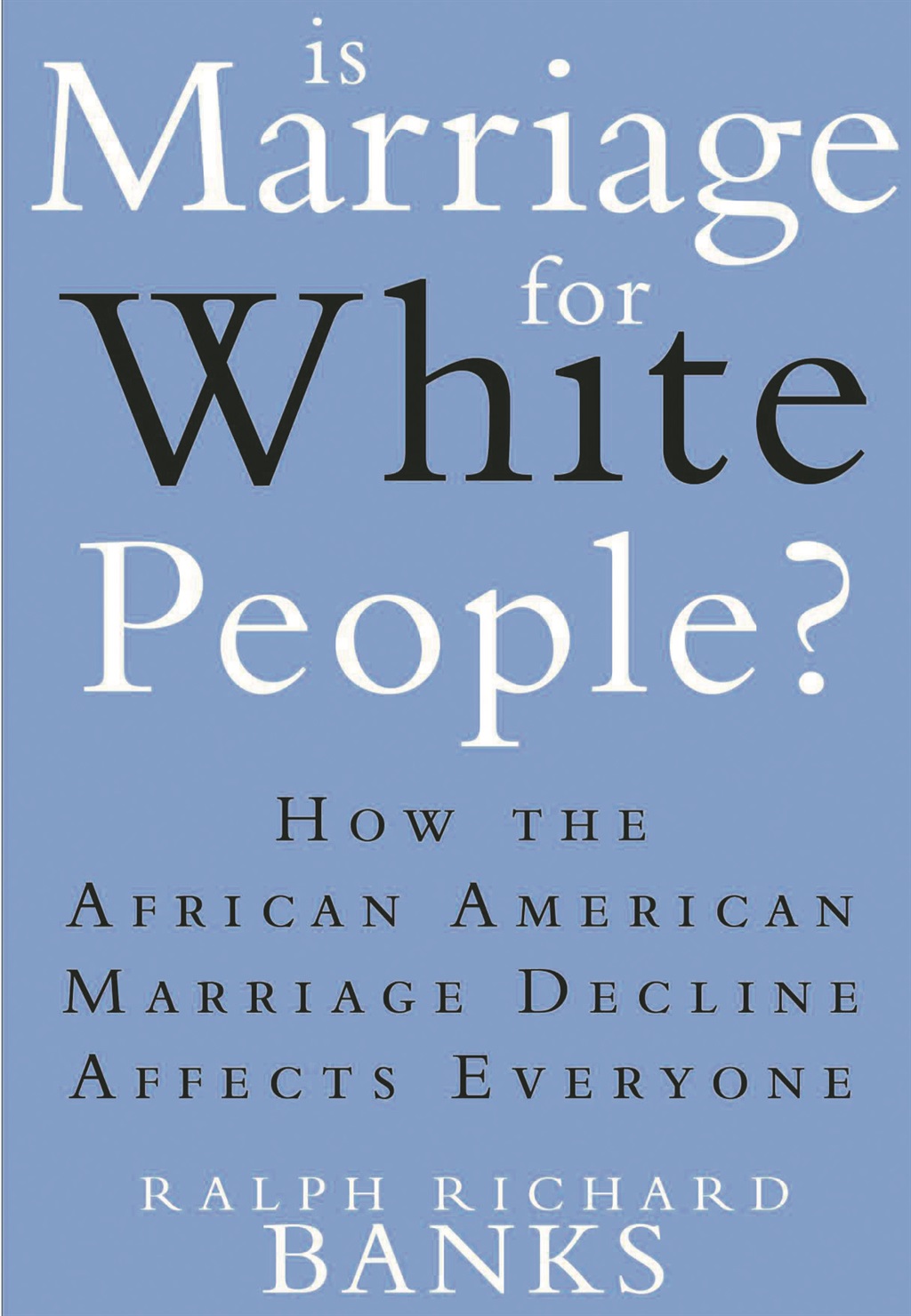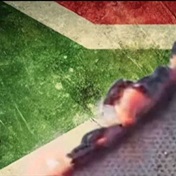
Four years ago, I read an interesting book with an unfortunate title. Is Marriage for White People? was released in 2011. It generated op-ed pieces and was the topic of talk show debates. The author, Stanford Law professor Ralph Richard Banks, was called to interviews to explain himself.
I was a student living in America and was enthralled by this discussion, especially since it was taking place at a time when black-on-black love, exemplified by the Obamas, was on such a high.
So I walked with urgency to my local library (I was a thirtysomething-year-old student living on a stipend) to get a copy. I discovered that between the covers of this crudely titled book was a well-researched exploration of the decline in marriage among African-Americans.
The full title reads Is Marriage for White People? How the African American Marriage Decline Affects Everyone. Banks wanted to find out why committed, fulfilling love was so elusive for middle class black women.
One of the cruelties of American society is that successful, educated black women have few eligible mates. One reason is that many black men are in jail. And the men who are available are not their peers; they are less educated and hold working class jobs. The result is that black women often marry down.
Banks’ book wasn’t merely controversial; it was also rich in research. He challenged some long-held beliefs about black love and featured personal stories of many women.
But black American women bristled, saying this was yet another excavation of their experience, treating them as specimens for research.
As an outsider, I felt Banks was doing exactly the opposite. He was empowering women. He was giving his sista the tools to make one of the most important decisions of her life – choosing a partner.
Among his conclusions – and one that generated many column inches of opinion – was that black women needed to start marrying out of their race. What would help them win at long-lasting love, he was saying, would be to stop confining themselves to skin colour and to opt for compatibility instead.
I remembered this book when I read blogger Milisuthando Bongela’s post on interracial relationships. It in essence covers a perennial question: Why don’t they love us (sob)? “They” being all men – black, white, Indian and Chinese; “us” being all black women.
And love, in this case, being middle class heterosexual monogamy. Bongela is right; they never loved us. Not in their movies, their books, their shows. And we have reason to be angry because it has rendered us the most marginalised group of people in all spheres, from love to economics. Historically, we are the least coveted.
So I’ll admit to feeling a pinch in my heart when I see successful black men in Hollywood with white wives, especially the stereotypical variety I’ve seen since childhood: tall, pale and blond.
So black women’s yearning to be wanted is understandable. But it’s not an empowered position to be languishing in. “To understand the intimate segregation of black women, we must go beyond the question of whether black women are wanted, and look instead at what they want. For some black women, the personal choice of an intimate partner is political.
They want to help black men, not abandon them,” Banks writes. Black women feel they are selling out if they marry people of another race. It’s tantamount to making a martyr of their love for black men, especially since these men have no qualms about swirling – as one of my American friends calls interracial dating.
Their loyalty to black women has long been compromised. It’s as porous as an Ashley Madison security firewall. Banks was asking these women to flip the script and create a reality that served them, not society.
I don’t think the US experience mirrors that of South Africa, because we have different societal issues. But I do believe there’s a dangerous tension between South African men and women, across the colour spectrum, which deserves deeper exploration. Our politics have collided with our personal lives and it’s proving detrimental to women.
At the core of it, ironically, is progress. South African women are, like American women, outpacing their men now that they have the same opportunities at their disposal. And that’s shaken the foundation for men, who have historically held the upper hand.
This is the basis for the violence and intimidation of women we see daily, from the National Assembly to the Public Protector’s office and Oscar Pistorius’ bloody bathroom floor. Freedom has pitted us against our men and lovers, and it’s a topic that deserves a book. I already have a title: How Democracy Killed Love in South Africa.
Follow me on Twitter: @joonji
TALK TO US: Would you marry someone of a different race?




 Publications
Publications
 Partners
Partners








